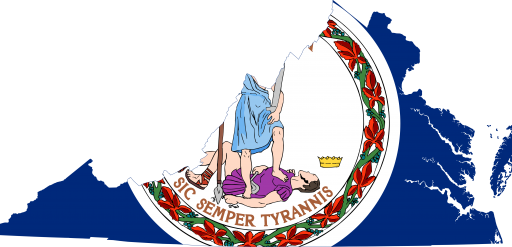Sometimes a Condi is Just a Condi
Peggy Noonan is distressed by the kooky informality of these modern times:
Why does President Bush refer in public to Secretary of State Condoleezza Rice as “Condi”? Did Dwight Eisenhower call his Secretary of State “Johnny”? Did Jimmy Carter call his “Eddie,” or Bill Clinton call his “Maddy,” or Richard Nixon call his “Willie” or “Hank”? What are the implications of such informality?
I know it is small, but in a way such things are never small. To me it seems a part of the rhetorical childishness of the age, the faux egalitarianism of the era. It reminds me of how people in the administration and Congress–every politician, in fact–always refer to mothers as moms: We must help working moms.” You’re not allowed to say “mother” or “father” in politics anymore, it’s all mom and dad and the kids. This is the buzzy soft-speak of a peaceless era; it is an attempt to try to establish in sound what you can’t establish in fact.
Alternate theory: She prefers to be called “Condi.” Her name is, after all, “Condoleeza”. It’s a pretty name and quite distinctive, to be sure. Still, it does not exactly roll trippingly off one’s tongue.
Indeed, why does Margaret Noonan allow herself to be addressed as “Peggy”? Or, indeed, anything other than “Ms.” or “Mrs. Noonan?” That’s mighty informal of her. Every time her byline appears, the social fabric of our society tears just a little. Or not.
To be sure, Noonan is a mere writer of words, not the nation’s chief diplomat. But, most of the time, the president and most everyone else refers to the SECSTATE as “Secretary Rice” or “Dr. Rice.” In more informal settings, the more casual form is used. The implication of this, presumably, is to create a more convivial relationship and a more relaxed atmosphere.






I believe Peggy is confused. Calling a subordinate by their first name does not represent a “faux egalitarianism.” Rather it is a specific sign of rank. The superior uses first name familiarity while the subordinate always uses the title.
Example:
Admiral Top Dogg spoke to Captain Bob Risingstar, “Bob, we need to arrange for the fleet to have some liberty.” “Yes Sir. I’ll issue a directive to immediately, Admiral.”
Now if Secretary Rice were to start referring to the President as George in public, then we would have faux egalitarianism.
I’ve read that the greatest sign of respect that anyone serving under Douglas MacArthur could hope for was to be called by their first name. A close second was for him to use your surname, although he generally just used a person’s rank.
Bush is a nickname kind of guy, and I don’t think it is any sort of disrespect or dismissiveness. I also agree that saying Condoleeza forty times a day would severely curtail productivity.
Lets see here. Condi works for W, but W shouldn’t say Condi because Ike, Jimmy, Bubba or tricky Dick might not approve of a nickname. I mean, what would Rudy or Hillary say about such informality?
The truth is: he’s the freaking president of the United States!
Did Dwight Eisenhower call his Secretary of State �Johnny�?
No, but Churchill was quoted saying, “Dull, Duller, Dulles.”
(Couldn’t resist.)